News | LTH Profile Area: Nanoscience and Semiconductor Technology
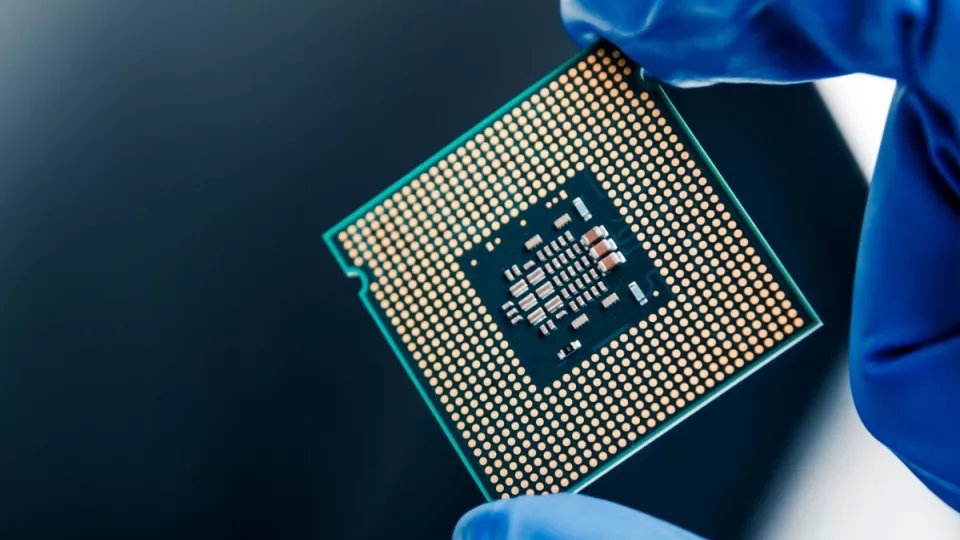
Strengthening Swedish semiconductor capability
Semiconductors – the “brains” behind electronic products and systems. Whether mobile phones, automotive, energy, home appliances, or artificial intelligence, these components (“chips”) play a key role. At the same time, Asian countries account for more than half of the world’s semiconductor chip production. Swedish semiconductor capability is now [...]

Understanding the behaviour of light and matter - key to future technologies
If we can understand how and why light and matter behave as they do, we are one step closer to solving some of the most fundamental problems in physics. Finding the answers to these questions drives Ville Maisi, Associate Professor of Solid States Physics at NanoLund.
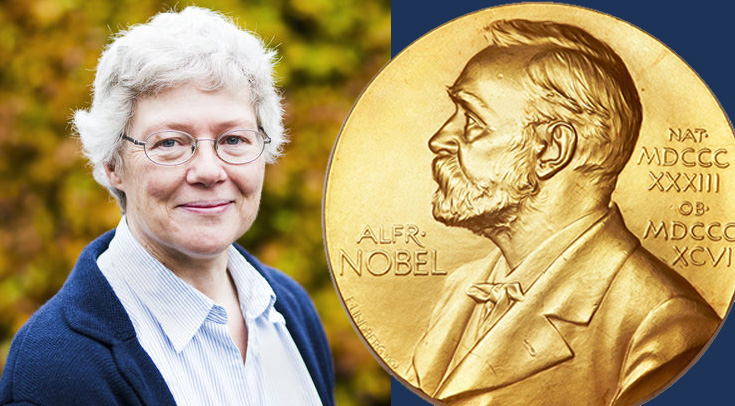
The Nobel Prize in Physics in 2023 awarded to Anne L’Huillier
Professor Anne L’Huillier, Atomic Physics at LTH, has been awarded the Nobel Prize in Physics in 2023, jointly with Pierre Agostini and Ferenc Krausz for their experiments, which have given humanity new tools for exploring the world of electrons inside atoms and molecules.

Research trip in the Arctic was followed by polar bears
Ice sheets, snow and the ocean as far as the eye can see. No shipping vessels or people in sight, and only polar bears for company. The icebreaker Oden sails between Svalbard and Greenland, and this spring, doctoral student Lovisa Nilsson joined the ship to study the transition from winter to summer in the Arctic, and how soot affects the melting [...]
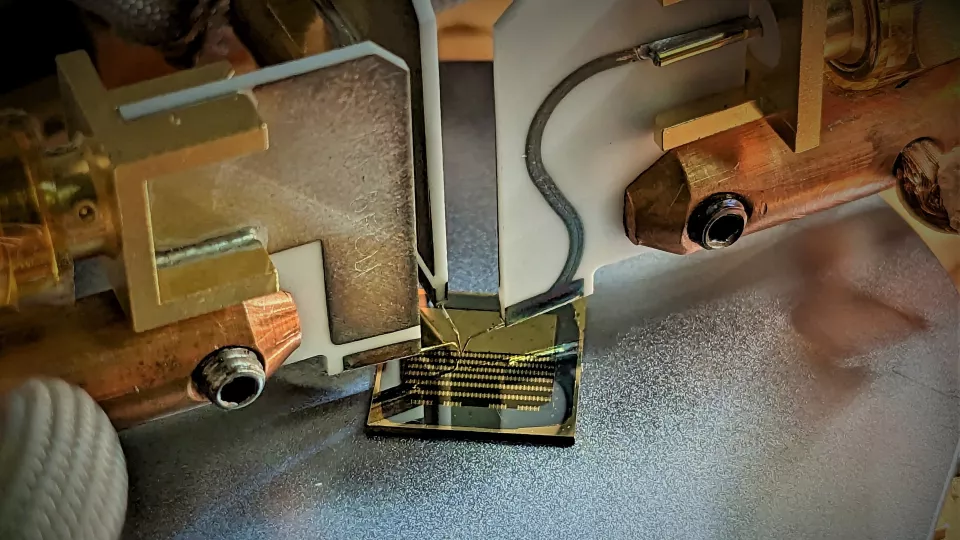
Cutting edge transistors for semiconductors of the future
Transistors that can change properties are important elements in the development of tomorrow’s semiconductors. With standard transistors approaching the limit for how small they can be, having more functions on the same number of units becomes increasingly important in enabling the development of small, energy-efficient circuits for improved memory [...]
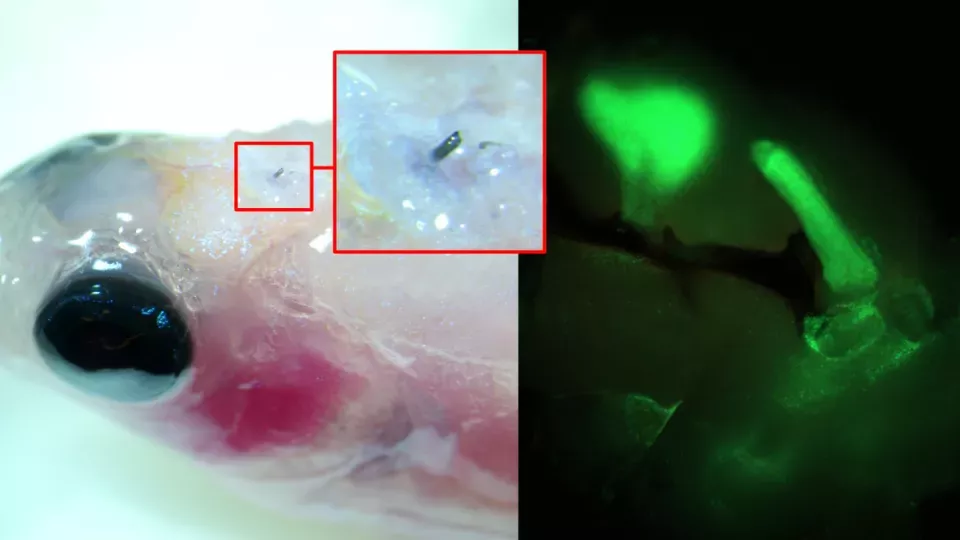
Electrotherapy without surgery
NanoLundians Roger Olsson, professor of chemical biology and therapeutics, and Martin Hjort, researcher in chemical biology and therapeutics, have together with researchers at Gothenburg University successfully developed temporary, organic electrodes that can be seamlessly integrated into biological systems. The method, now published in Nature [...]
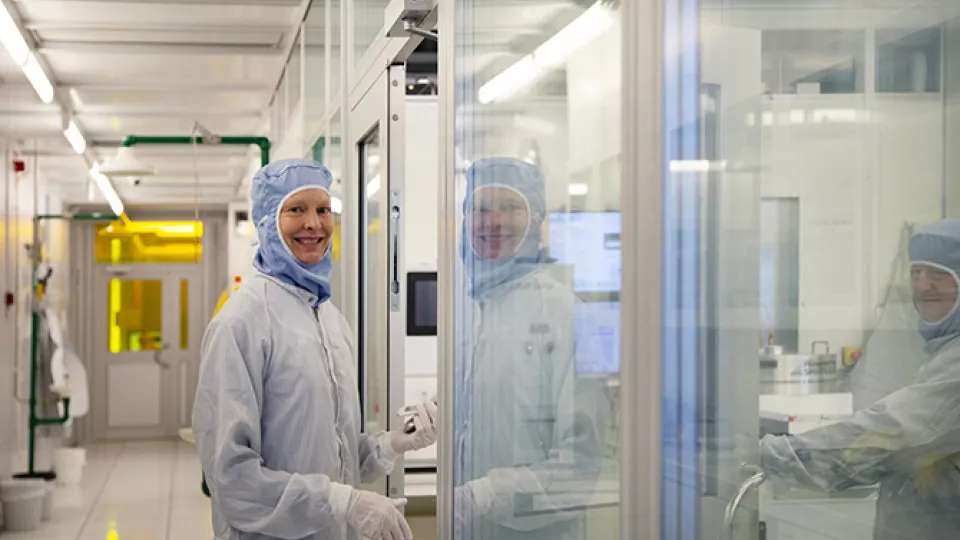
Making it big with nano-crafting
A lab where you can “craft” new materials on the atomic level, bringing together cross-disciplinary scientists to produce nanomaterials and semiconductor components. A neighborhood with major research infrastructures, complementary to each other. And most important: an open environment where academia, industry, and society can meet and collaborate, [...]
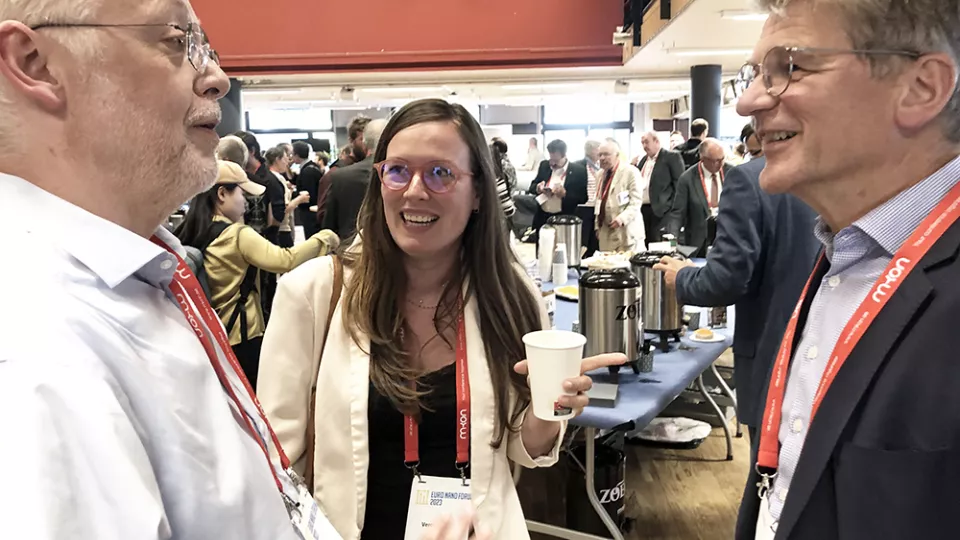
“Listen, learn, and then – act”
The international conference EuroNanoForum 2023, funded by the EU and Vinnova, and organized by us at NanoLund together with Chalmers, brought together leading scientists, innovators, and policymakers from Europe, USA, and China to discuss groundbreaking research and foster collaboration. It gathered almost 400 participants, including the Swedish [...]

Reconfigurable transistors important in future semiconductors
Reconfigurable transistors are key elements in the development of future semiconductors. As conventional transistors approach the limit of how small they can become, more functions in the same number of units will become increasingly important in developing small and energy-efficient circuits for better memories and more powerful computers.
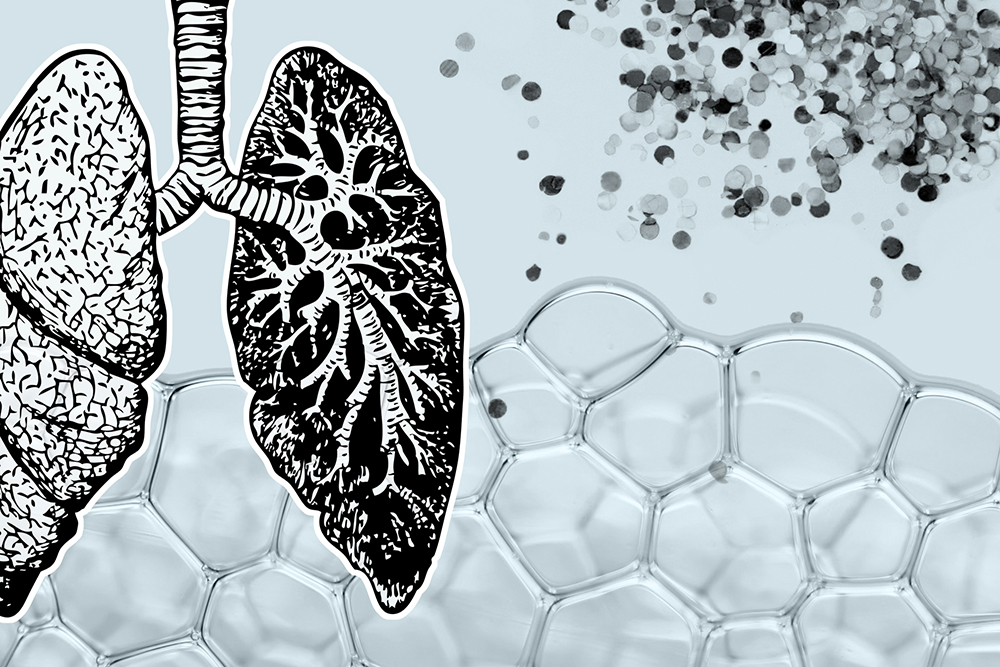
Nanoparticles can reveal lung disease
Nanoparticles can be used to discover illness in the lungs. The method of measurement – based on inhaling particles – is easy to use and could serve as a complement to other lung examinations. The method has now been tested on more than 800 people, and the results look promising, according to a new thesis on aerosol technology at the Faculty of [...]
